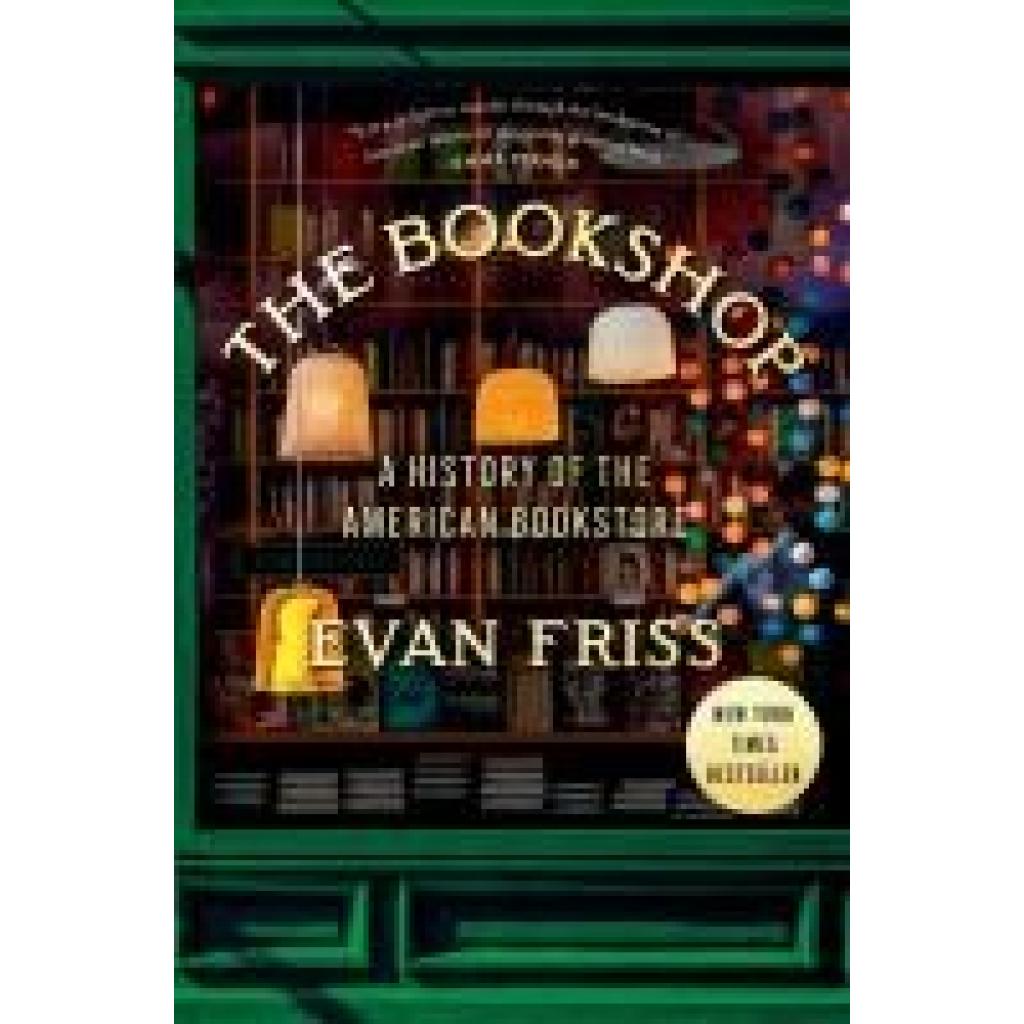A NEW YORK TIMES BESTSELLER Goodreads Choice Award Winner in History & Biography One of
Time ’s 100 Must-Read Books of 2024 "A spirited defense of this important odd and
odds-defying American retail category." — The New York Times "It is a delight to wander
through the bookstores of American history in this warm generous book." —Emma Straub New York
Times bestselling author and owner of Books Are Magic An affectionate and engaging history of
the American bookstore and its central place in American cultural life from department stores
to indies from highbrow dealers trading in first editions to sidewalk vendors and from chains
to special-interest community destinations Bookstores have always been unlike any other kind
of store shaping readers and writers and influencing our tastes thoughts and politics. They
nurture local communities while creating new ones of their own. Bookshops are powerful spaces
but they are also endangered ones. In The Bookshop we see the stakes: what has been and what
might be lost. Evan Friss’s history of the bookshop draws on oral histories archival
collections municipal records diaries letters and interviews with leading booksellers to
offer a fascinating look at this institution beloved by so many. The story begins with Benjamin
Franklin’s first bookstore in Philadelphia and takes us to a range of booksellers including the
Strand Chicago’s Marshall Field & Company the Gotham Book Mart specialty stores like Oscar
Wilde and Drum and Spear sidewalk sellers of used books Barnes & Noble Amazon Books and
Parnassus. The Bookshop is also a history of the leading figures in American bookselling often
impassioned eccentrics and a history of how books have been marketed and sold over the course
of more than two centuries—including for example a 3 000-pound elephant who signed books at
Marshall Field’s in 1944. The Bookshop is a love letter to bookstores a charming chronicle
for anyone who cherishes these sanctuaries of literature and essential reading to understand
how these vital institutions have shaped American life—and why we still need them.



